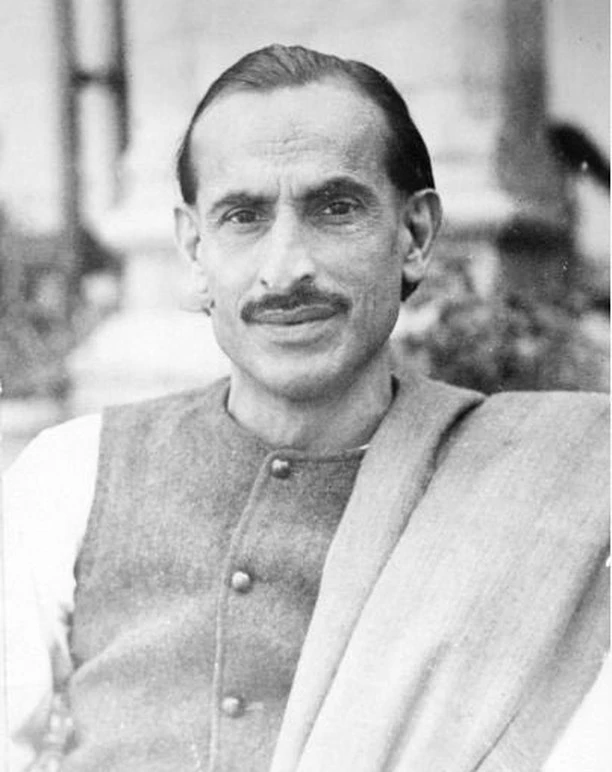Acharya Kripalani UPSC
Acharya Kripalani was an important freedom fighter and political leader of India after independence; he was an educationist and an environmentalist too. Educationally, for those who are preparing to write UPSC, knowledge of his contributions and his ideologies is key to expanded knowledge on modern politics in India.
Acharya Kripalani Kaun The?
Acharya Kripalani born Jivatram Bhagwandas Kripalani on November 11, 1888 in Hyderabad Sindh now in present day Pakistan was an Indian activist in independence and educationist. He was given the title of Acharya around 1922 when he was a teacher at Gujarat Vidyapith which is a University established by Mahatma Gandhi. He was deeply committed to Gandhian principles and played an essential role in India’s freedom movements, including:
- The Non-Cooperation Movement (1920-1922)
- The Civil Disobedience Movement (1930)
- The Quit India Movement (1942)
Additionally, he was the President of the Indian National Congress during India’s independence in 1947.
Acharya Kripalani No Confidence Motion
He is historically relevant of being the first that ever moved no-confidence motion in the Lok Sabha back in 1963. This motion was moved after the 1962 India –China war where he raised several blatant questions about the state of national defense and foreign policy under the now controversial Prime Minister of India, the late Jawaharlal Nehru. The motion marked the start of parliamentary democracy in the newly formed India, in its true sense.
Acharya Kripalani on Nehru
Although both had unfaltering belief in India’s independence, Kripalani despised Nehru’s administration intense. He frequently disagreed with Nehru on policy and mainly on administrative and foreign policy decisions. His critical approach was secular and evidenced his devotion toward the cause of responsibility and justice even against him or his allies.
Acharya Kripalani Party KMPP Full Form
After cut off relation wit Indian National Congress, Acharya Kripalani took birth of KMPP known as Kisan Mazdoor Praja Party in 1951. The party in question was interested in the protection of farmers’ and laborers’ rights and addressed socio-economic justice. This change for the first time heralded the beginning of his attempts to groom a political philosophy closer to Gandhian Socialism. The KMPP later amalgamated with the Socialist Party to become Praja Socialist Party.
Acharya Kripalani Founded Which Party?
An extraordinary enhance and political action was the creation of Kisan Mazdoor Praja Party (KMPP) by Acharya Kripalani. This party was his way of standing with the rural areas and lack workers in the nation. It may be said that it took an active part in the formation of India’s political culture in the initial years of its freedom.
Additional Contributions of Acharya Kripalani
Role in the Indian Independence Movement
- Alliance with Gandhi: A close ally of Mahatma Gandhi, Kripalani contributed to major freedom movements with his leadership and dedication.
- Member of Constituent Assembly: He was part of the Interim Government (1946–1947) and the Constituent Assembly, helping shape India’s Constitution.
Environmentalism and Conservation
In his later years, Kripalani worked with Vinoba Bhave on ecological preservation and conservation activities during the 1970s. This phase of his life reflected his deep concern for sustainable development.
Literary Contributions
- His autobiography, “My Times”, was published posthumously in 2004.
- He also authored “Gandhi: His Life and Thought” in 1970, providing profound insights into Gandhian philosophy.
Acharya Kripalani’s Legacy
The role played by Acharya Kripalani in Indian politics, Education and environmentalism still today is still impressive. His birthday is observed every year on the 11th of November as he was entirely committed to the development of India and her values. It is a very important book for UPSC aspirants as they need to have a comprehensive outlook of the country’s struggle towards independence and his life comes as an interesting study into understanding that part of the process.
